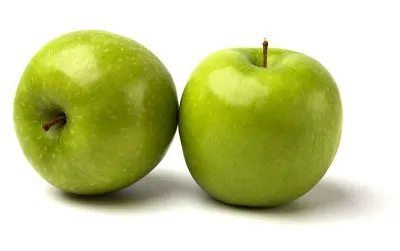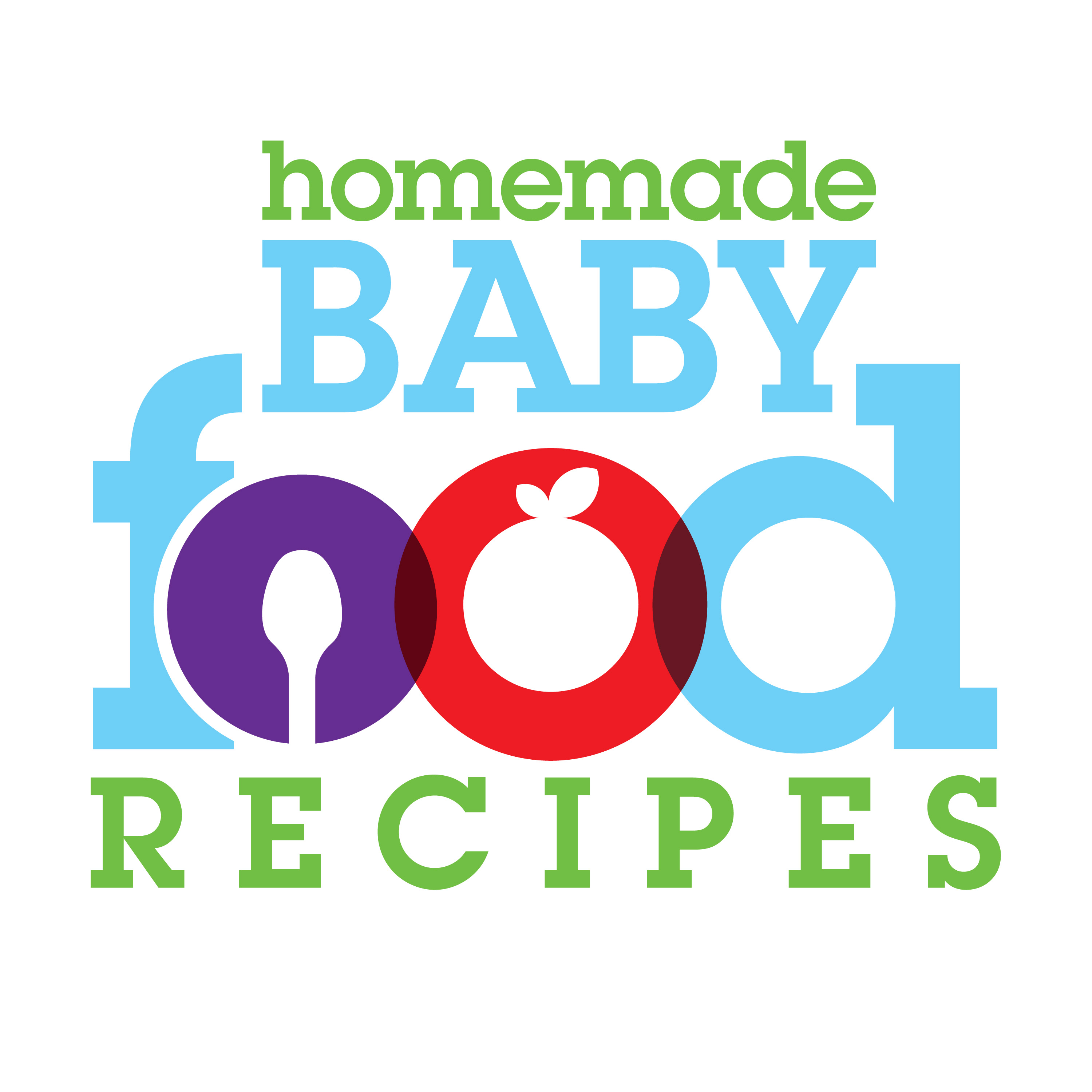You’ll sometimes notice fruits and vegetables in the produce aisle that are particularly glossy and inviting – but, invariably, this shine is not natural!
Instead, it’s the result of waxing the produce.
Fruits and vegetables are waxed for a variety of reasons.
It makes them last longer by reducing the amount of moisture they lose, inhibits mould growth, and stops them from bruising easily. It also makes them more visually appealing to consumers.

The types of wax used vary from beeswax, shellac, and carnauba wax – to the rather less desirable food-grade petroleum-based waxes (food-grade petroleum almost sounds like a contradiction in terms, doesn’t it?).
The waxes may also contain additional resins and fungicides.
According to the FDA, only a drop or two of wax is used, in order to replace the natural wax lost when fruits and vegetables are washed after harvesting.
The coatings must meet FDA food additive regulations and – by law – produce shippers and supermarkets must label waxed fruits and vegetables so you know which coating type has been used.
Aside from potentially adding unnecessary synthetic substances to your baby’s diet, the consumption of these waxes may lead to digestibility issues.
And despite assurances that waxed produce is perfectly safe, we recommend avoiding it where possible, particularly for baby food!
Organic produce is rarely waxed, so buying organic fruits and veggies is the best option if it’s available to you.
If, however, there is only waxed produce available, then you should peel it.
Unfortunately, the wax doesn’t wash off easily and even scrubbing the item with a brush AND washing it isn’t guaranteed to remove it completely.
Make sure, though, that you only peel off the very outer layer of skin – enough to remove the wax, but not enough to remove the important nutrients that are just under the skin.
Fruits and vegetables that may be waxed include
- apples
- avocados
- bell peppers
- cantaloupes and melons
- cucumbers
- eggplants/aubergines
- citrus fruits (oranges, lemons, limes, grapefruits)
- peaches
- pineapples
- pumpkins
- swede/rutabaga and turnips
- squash
- sweet potatoes
- tomatoes
